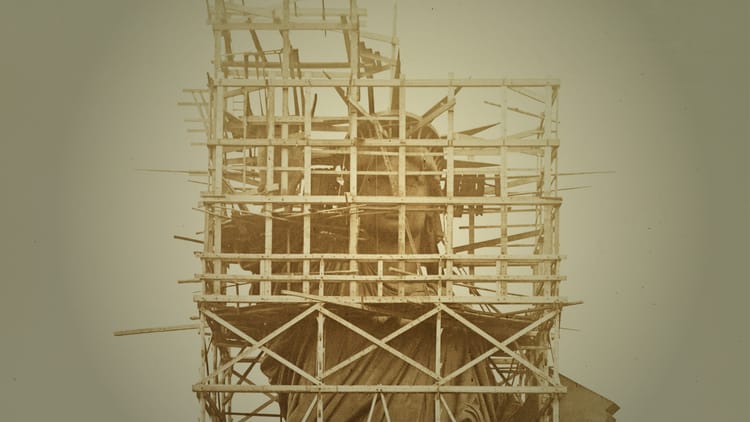The world as it is

The idea that college campuses have become politically uniform now looms in the American popular imagination—and has some basis in fact: U.S. college students and faculty tend to lean to the left, particularly at some of the country’s most elite universities. This reality, combined with a media-driven sense that campuses are hotbeds of hyper-progressivism, may explain why American conservatives are increasingly dissatisfied with higher education as a sector. It has to be troubling for conservative students and faculty on campus if any experience of hostility, or even ambient pressure, inhibits them from being open and engaging with their views. But does it really make for a less vibrant environment for knowledge and learning if most people on a campus think in similar terms? How essential is intellectual diversity to the mission of the university?
Teresa Bejan is an associate professor of political theory at Oxford University and the author of Mere Civility: Disagreement and the Limits of Toleration. Bejan says there’s a pattern across campuses in the U.S. and the U.K., where some academics have been attempting to maintain consensus views on campuses by suppressing conservative speech. This has even included, at times, being insulting to conservative students or junior faculty. For Bejan, this pattern isn’t just morally questionable. It undermines the university in one of its most important roles in a democratic society: to help prepare students to engage effectively with the range of ideas that animate the population of the broader society they live in …
Phoebe Maltz Bovy: What kinds of viewpoint diversity are most important for universities, and why? When you say “intellectual diversity,” what do you mean?
Teresa Bejan: If that weren’t the language out there, I wouldn’t use it. My intervention is simply to observe that in the kinds of institutions I’ve been educated in, and where I’ve taught, there’s a kind of overrepresentation of viewpoints, and partisan affiliations, on the political left relative to the population. I would like to see more people who identify politically as conservative, but I don’t reduce that to Republican voters in the States, or Tory voters in the U.K. Conservative is an imperfect category that describes a range of views. I would just like to see more of the range of those views in the university—just as I would like to see more of the range of views on the left and those in the center. A university should be a place where we see the best and strongest versions of the perspectives that exist in society.





